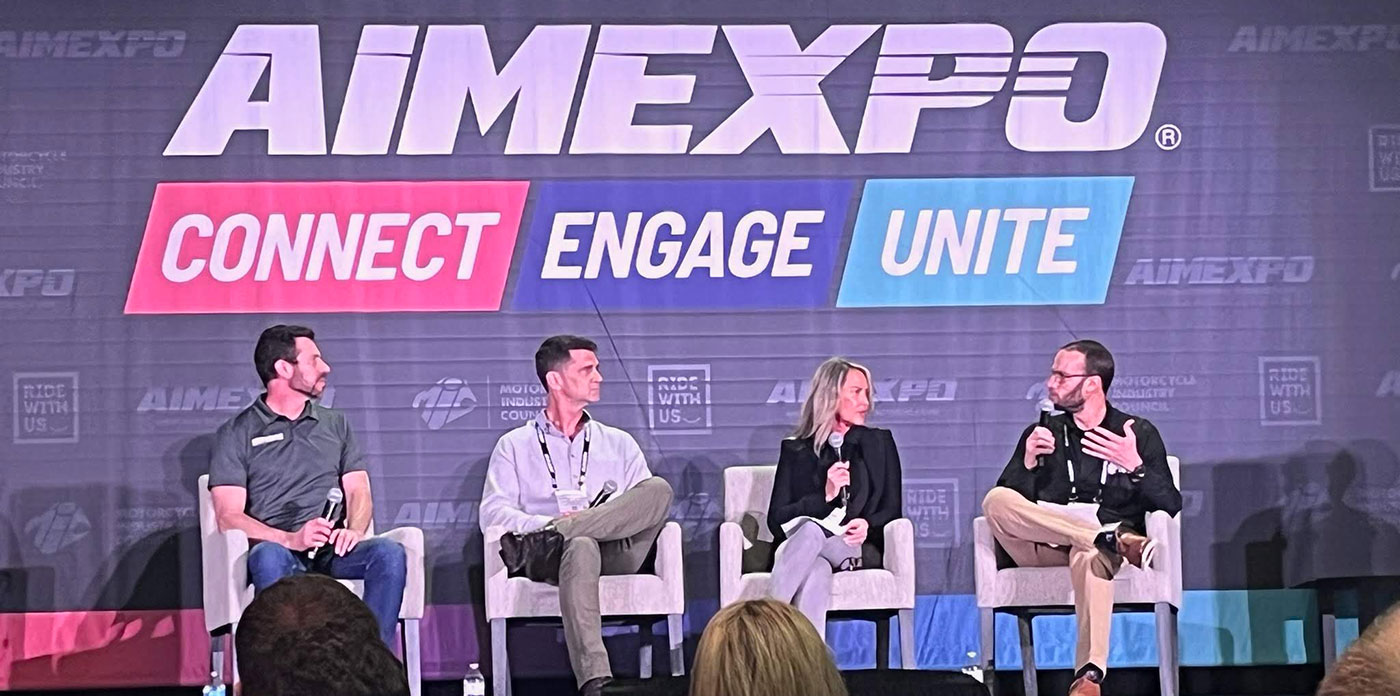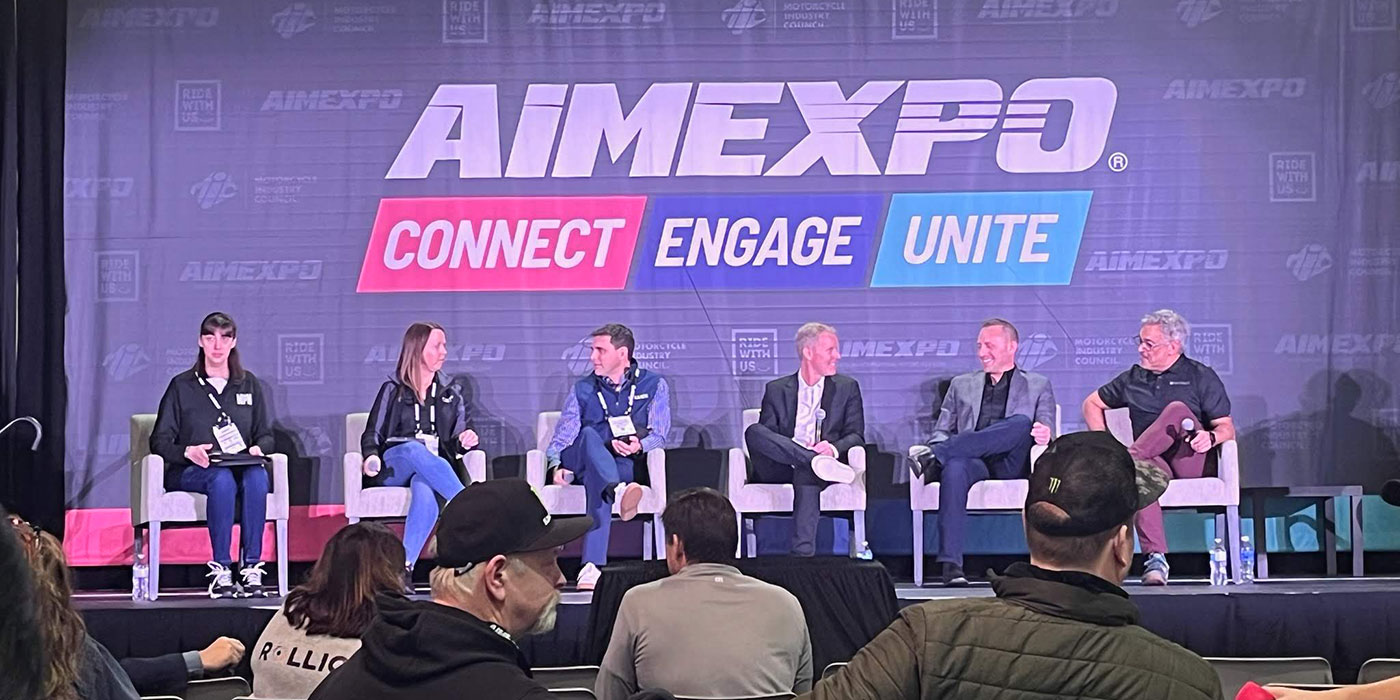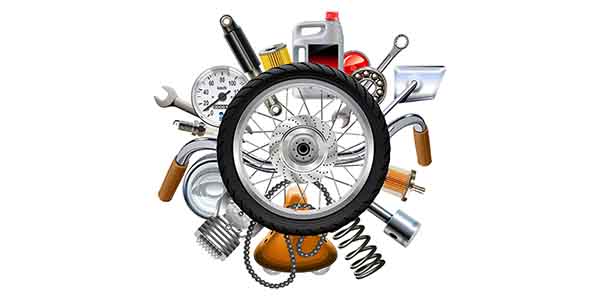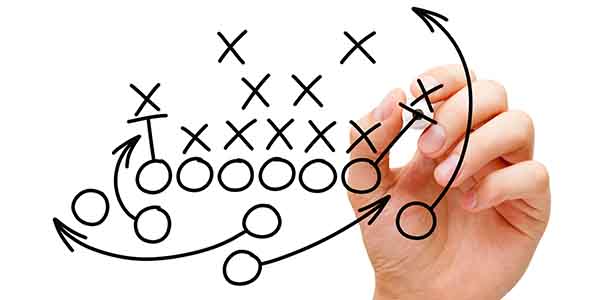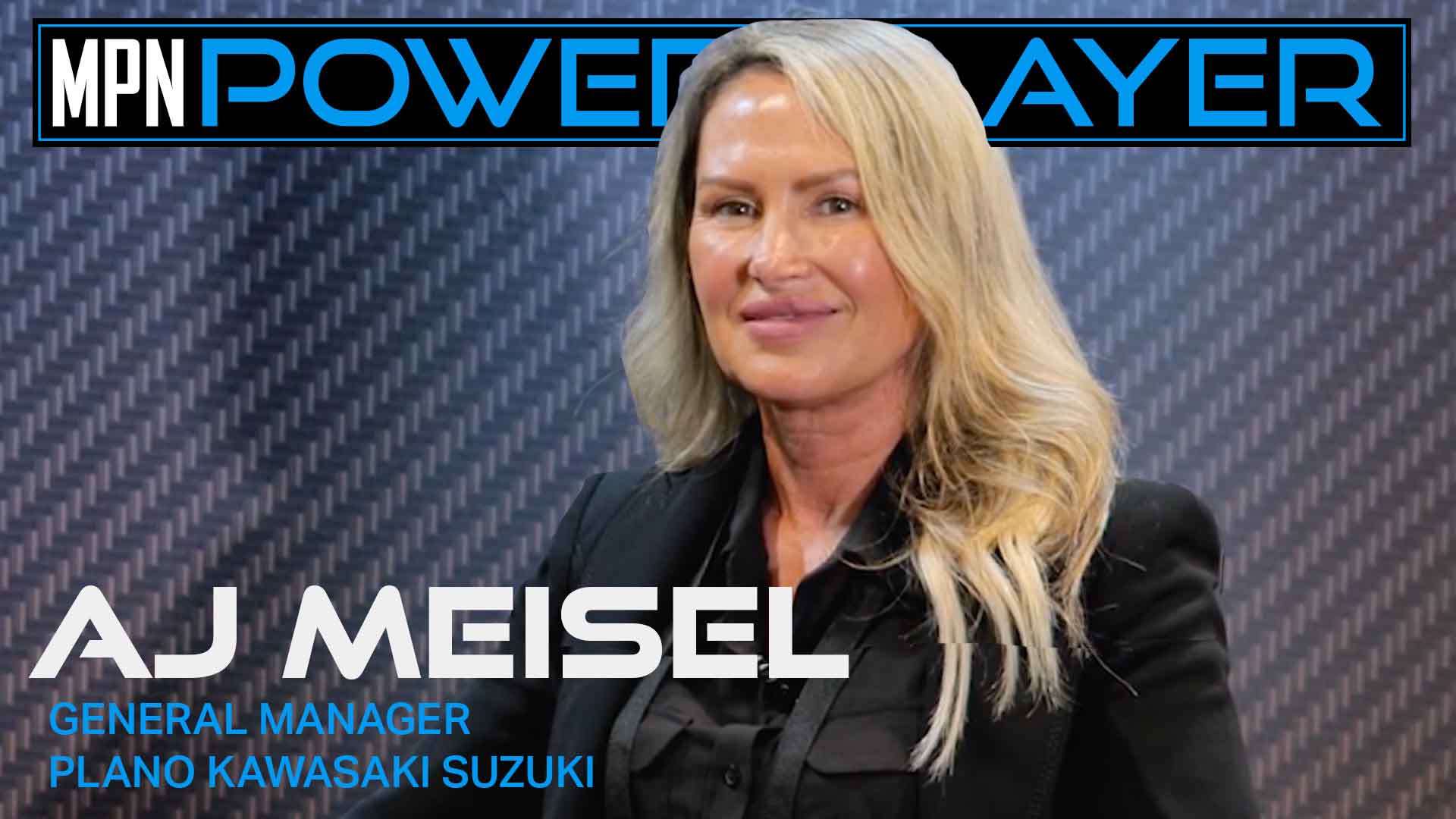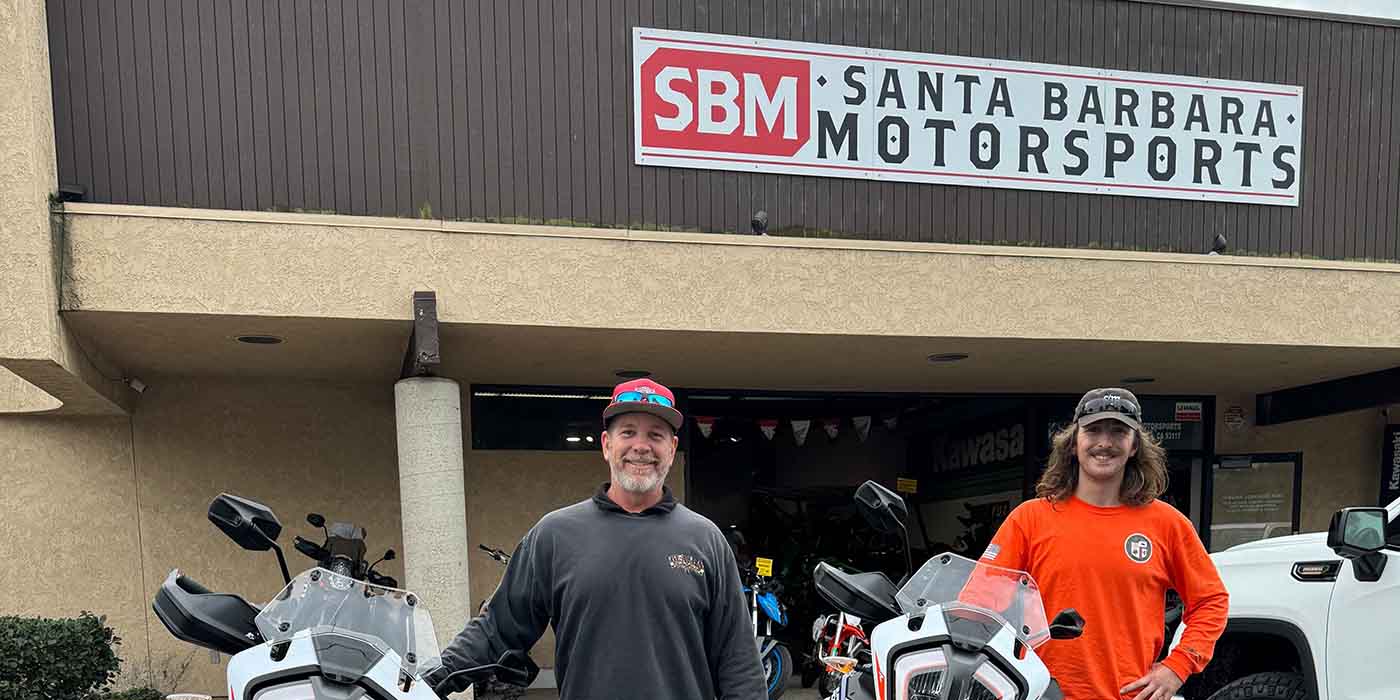Managers spend gobs of time, energy and effort attempting to reduce turnover, improve morale and increase employee effectiveness. Compensation increases help. Birthday celebrations are tolerated. And the dealership Christmas party, well that’s just one great alcohol inspired personality study.
There may be another more obvious and more powerful route, and that is to more closely align your employees’ job titles with the value that they provide.
Imagineering Creative Titles
We often give job titles short shrift. Take the hilarious scene from Seinfeld, in which the characters are sitting in their usual coffee shop booth when Elaine shares her concerns about a gaff at work. Jerry tries unsuccessfully to soothe her, downplaying the incident, and Elaine responds, “But Jerry, … I’m an associate.” George chimes in, “Hey, Me too!” Punctuating the uselessness of the associate title, the waitress adds, sarcastically, “Yeah, me too.”
Job titles have evolved. Some are equal parts pomposity and ambiguity. What do you do? Oh, I’m the senior chief lead national supervisor of brand solution research marketing implementation strategist; which produces a different kind of shock and awe.
And others are classic. Often cited, The Walt Disney Corporation categorizes all theme park employees as “cast members.” It’s all about the show, the entertainment, all about the audience, which by the way is the paying customer.
Another Disney example is the term “imagineer.” This is the combination of imagine and engineer. One definition of imagineering is “the fine art of deciding where we go from here.”
The Walt Disney Company popularized the term, creating not just a position, but a whole division called Walt Disney Imagineering. Its purpose is “the master planning, creative development, design, engineering, production, project management, and research and development arm of The Walt Disney Company and its affiliates.” The description is a mouthful; the title is cool.
A person introducing themselves as an “imagineer” leaves an indelible impression; they’re either incredibly creative or they’ve just gone to one too many Dead shows. Either way, I’ll take it.
It’s memorable and provocative. Engineers and computer programmers often make working for or with Walt Disney Imagineering a career goal (e.g. the late Carnegie Mellon Professor, Randy Pausch). Almost everyone in those disciplines with even a scintilla of creativity wants to help create an interesting place to “go from here.”
And there are other businesses with memorable and provocative job titles. I’ve been taking a ton of vitamins lately and have some goofy (pun intended) questions.
When we go to our local Vitamin Shoppe, I work with a “health enthusiast,” not just some person who doesn’t know a C from E or protein from creatine.
When you get a hoagie, who do you want to make it — just some dope in an apron? No! You want a sandwich artiste. And that’s exactly what you get when you go to Subway.
Think Outside The Nametag
What cool job titles might make it in the motorcycle business? You probably know a motorcycle sales consultant or two. Notice this immediately conveys the image that the person is knowledgeable about motorcycles and riding, and can answer most of your questions.
Dave Meyers, of Harley-Davidson of Smithers, says that with the title of sales consultant, he now feels an even larger responsibility to know the product and go the extra mile for customers. John Celli, who works for Janice and Rick Noyes of Carolina Coast Harley-Davidson, is known as the “dream maker.” The nickname was given by a coworker; it’s now on their web site and customers frequently comment after working with John that he does make motorcycling dreams come true.
His title describes what he does for his customers, not to his customers. It’s common for John to answer his customer calls after business hours or deliver a motorcycle he’s sold on his day off. He’s performing consistently with his publicly proclaimed description.
Tom Bradford, at Hal’s Harley-Davidson, doesn’t have special title; it’s the tagline on his business card that makes an impact: Tom Bradford, “Your Six-Second Salesperson.” I inquired, “So you only take six seconds to sell a bike?” (I immediately began running mental commission calculations). “No,” Tom laughed, “I was the forth person in the world to run six seconds on an NHRA Pro-stock motorcycle in the 1/4-mile; 6.98 seconds at 193 mph.”
Tom’s approach is great. It would take a particularly turgid individual to not ask Tom just what the heck “six-second salesperson” means. For one, he’s already in a conversation with a potential customer that they initiated, which is an important distinction; and two, it fits with what he does — motorcycles; lastly, it creates instant credibility. Tom races. He goes fast. He sets records. Hence, Tom knows what he’s doing.
And there are others. We met a person by the name of Scooter Steve. More of a nickname but, hey, in three syllables … I get it. We saw an ad the other day from Monterey Harley-Davidson where they don’t have apparel salespeople, they have lifestyle counselors. Why get into the semantics of titles?
Remarkable titles focus on output: No one cares much for the how, but they care deeply about the what. I don’t care if you write repair orders (i.e. service writer); I care that my bike is serviced, clean and ready to go as promised. It’s about output and not input — dream maker not salesperson.
Remarkable titles are memorable: Cut through the clutter. Why buy from you? You know what you are doing. You’re committed to my experience. If you can put that on a business card or in an email address, you’ve got yourself a rock and roll show.
Remarkable titles align the person and the position: When titles are meaningful, people may work harder to make the promise a reality. As referenced above, names are powerful drivers of behavior. We really tend to take on characteristics of our descriptors.
Creating Effective Titles
Let the person come up with the title: Whose idea is a good idea? My idea. So let your people come up with their own titles. They’ll be more creative, descriptive and more eager to use the title to engage more people.
Blend words together: A captive finance company client has people who audit loan applications for fraud. What do they call them: Fraud-iters! Or you could get really out there like Devon Battley of Battley Cycles in Rockville, Maryland. Devon’s been known to tell people, “I’m your super-wide-fat-disc-low-bob-electra-sport-duo-soft-ultra-tail-glide expert.” He pulls it off with aplomb, doesn’t stumble and never ceases to get people smiling and laughing when he says it.
Think from the customers’ perspective: Remember everyone is tuned into the same radio station: WIIFM. What is in it for me? It’s not about you. It’s about them.
Use the employees’ background or potential to guide how they can help. Tom Bradford, “Your six-second salesperson,” is a great example of this point. Do your employees race, ride, customize, paint, build, read, research or write about motorcycles? If so, work it into the title.
Make it memorable: Barry Usher, dealer principal of Beartooth Harley-Davidson in Billings, Montana, introduced us to his “hydro-technician.”
Wanna Hear More From Mark?
listen to the podcast:
Performance Based Selling
“He’s the what?” I asked. Barry repeated, “Hydro-Technician.” The guy in question, grinning so big he could have eaten a banana sideways, stated proudly, “I wash bikes.”
The examples cited are not all perfect examples of focusing on output rather than input (go for success not perfection). But they are remarkable, memorable and extraordinary. And it’s just one more cool aspect of working in the motorcycle business.
What do I want my title to be? I’m toying with being “master of time, space and V-Rod motorcycles”. Well, a guy can dream.


